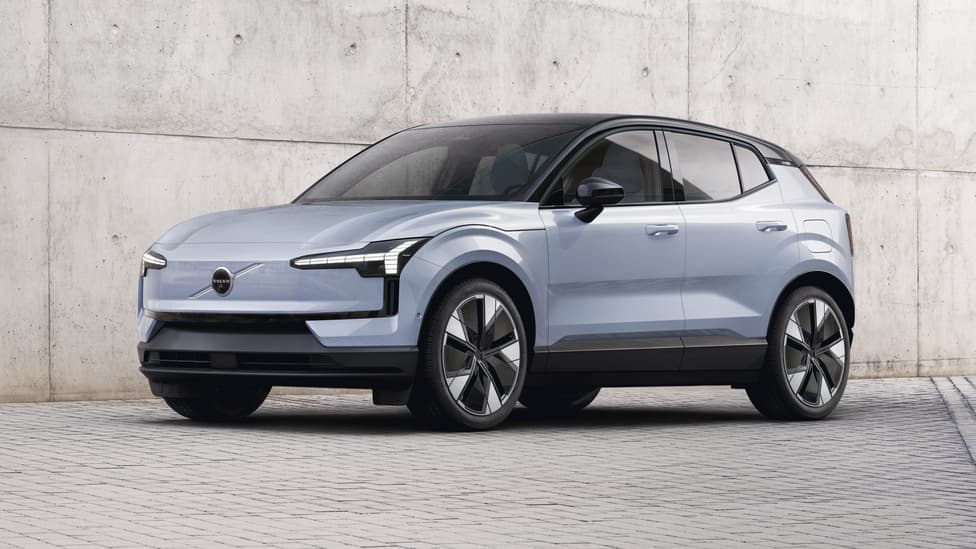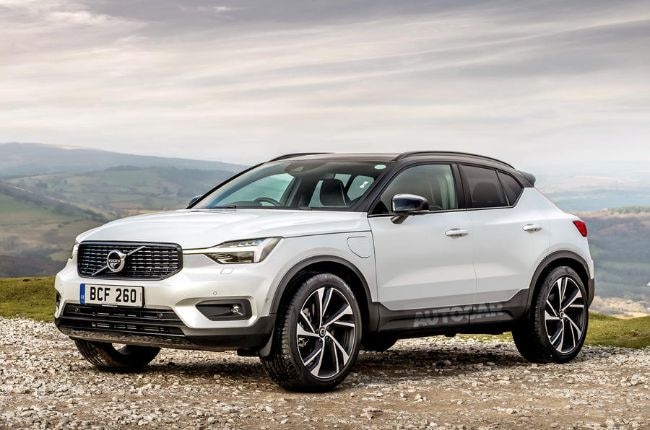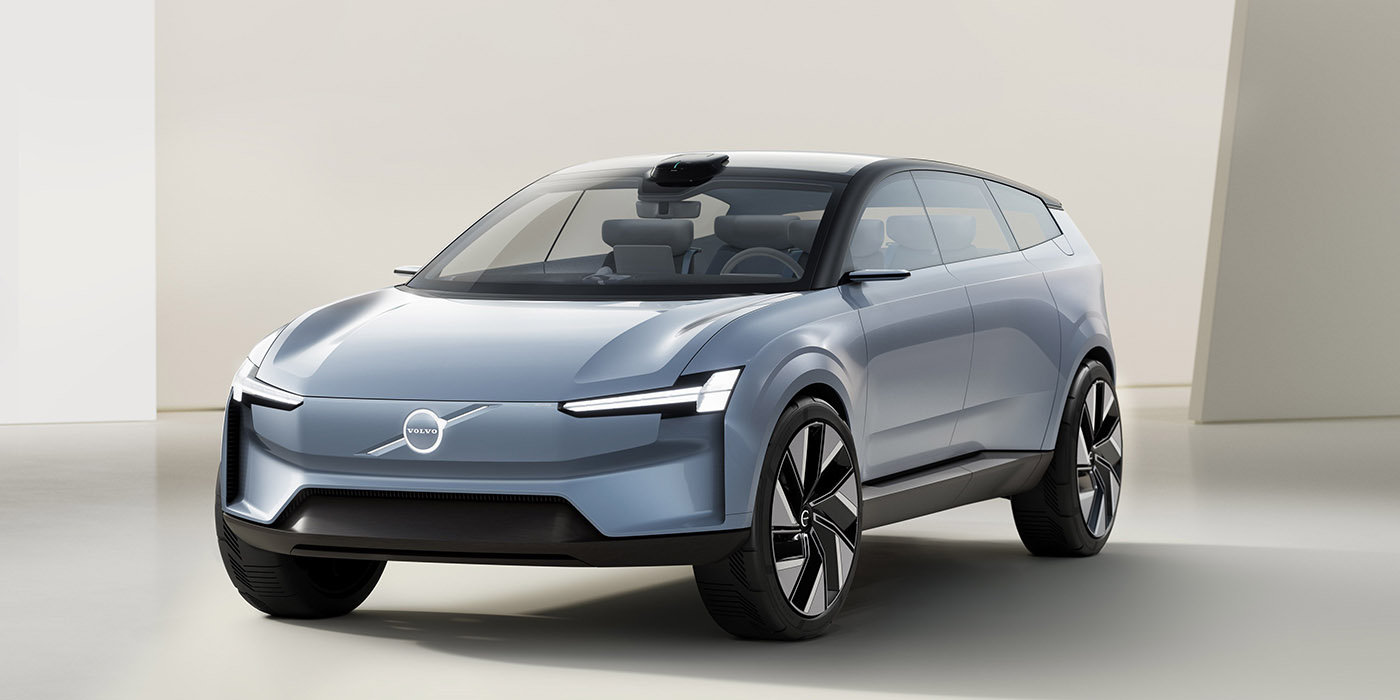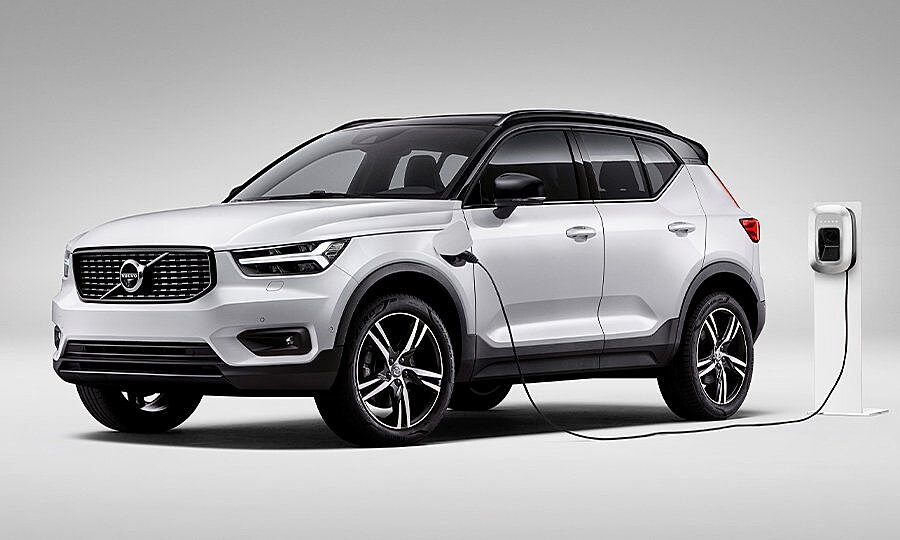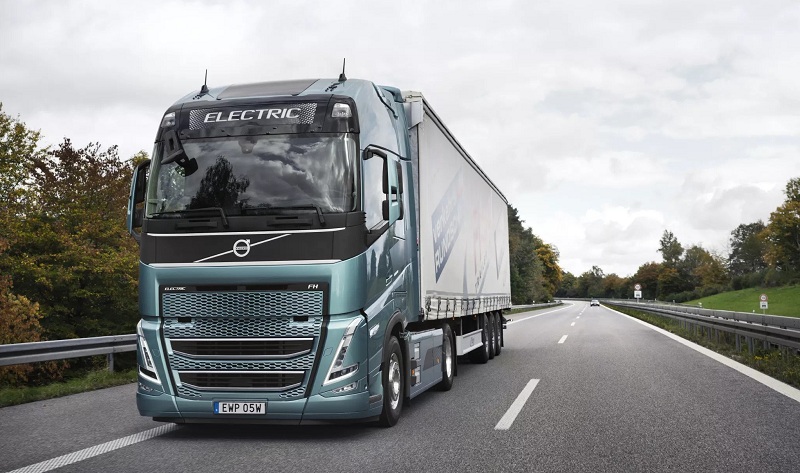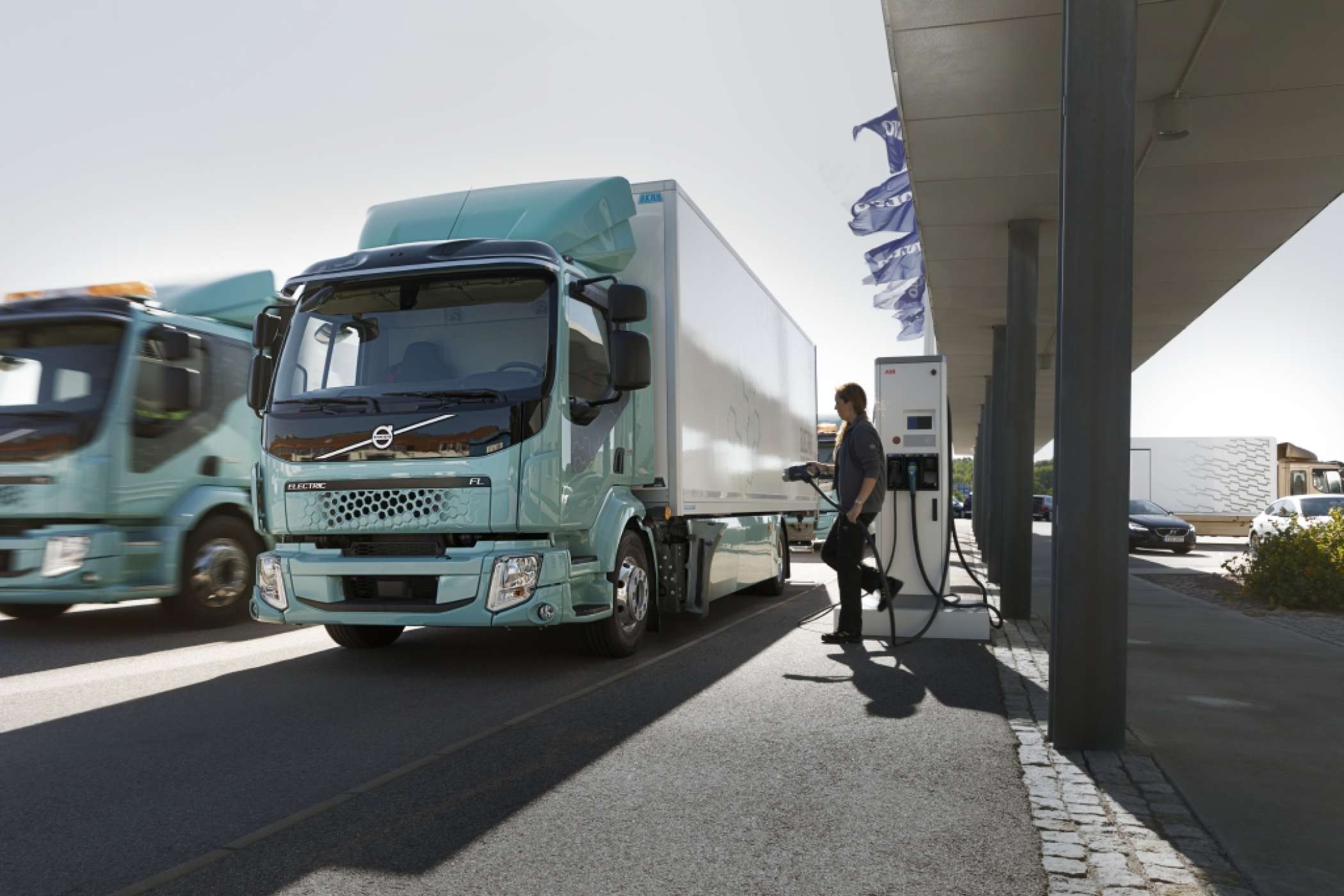Volvo’s most affordable electric vehicle (EV), the EX30, is poised for its U.S. debut with substantial discounts, but it faces stiff competition from Tesla, Kia, and Toyota, which offer competitive pricing and financing options.
Already a popular choice in Europe, where deliveries began in January, the Volvo EX30 is set to arrive in the U.S. with a starting price of $46,195 for the Twin Motor Performance trim, which includes destination fees. The EX30 will be available in Plus or Ultra upgrades, while the Single Motor trim is expected in early 2025, priced at $36,245. Despite the upcoming release, the EX30 is already benefiting from up to $9,000 in discounts, according to CarsDirect.
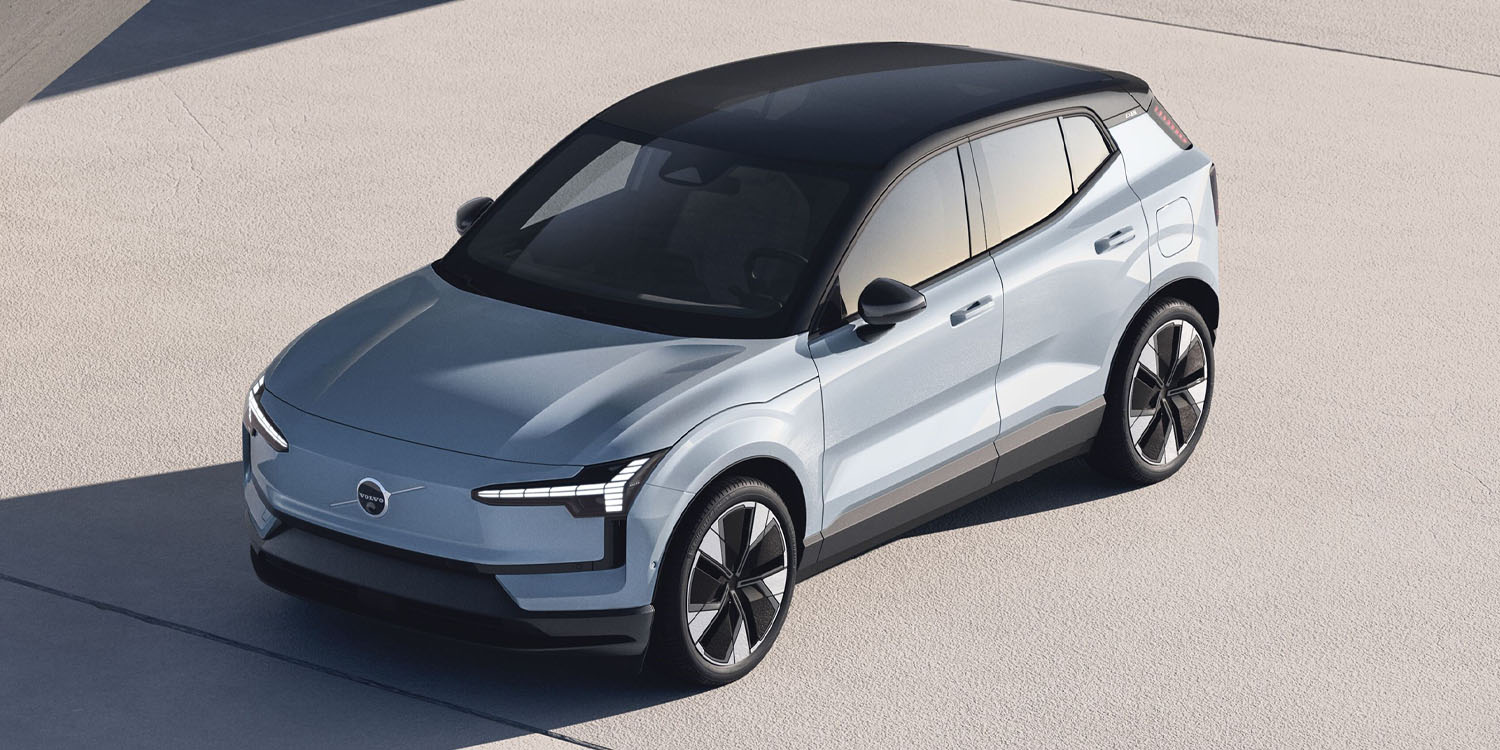
The discounts are available through a combination of federal incentives and trade-in offers. The 2025 Volvo EX30 comes with a $7,500 EV lease allowance through the federal tax credit, with additional savings for those trading in their leases. Volvo is also offering up to $1,000 for current owners of FWD XC40, XC60, or XC90 vehicles who upgrade to an AWD model like the EX30. This brings the cost of the EX30 Twin Motor Plus down to as low as $37,195, making it more affordable than Tesla’s Model Y, which starts at $46,380 and could drop to $38,880 after incentives.
However, the EX30 may face challenges in the U.S. market. While the discount makes the EX30 an attractive option, it is excluded from Volvo’s APR offers, which means buyers may find better financing deals with competing EV models, including the Tesla Model Y, Toyota bZ4X, Kia EV6, Subaru Solterra, and Hyundai IONIQ 5, which offer 0% financing.
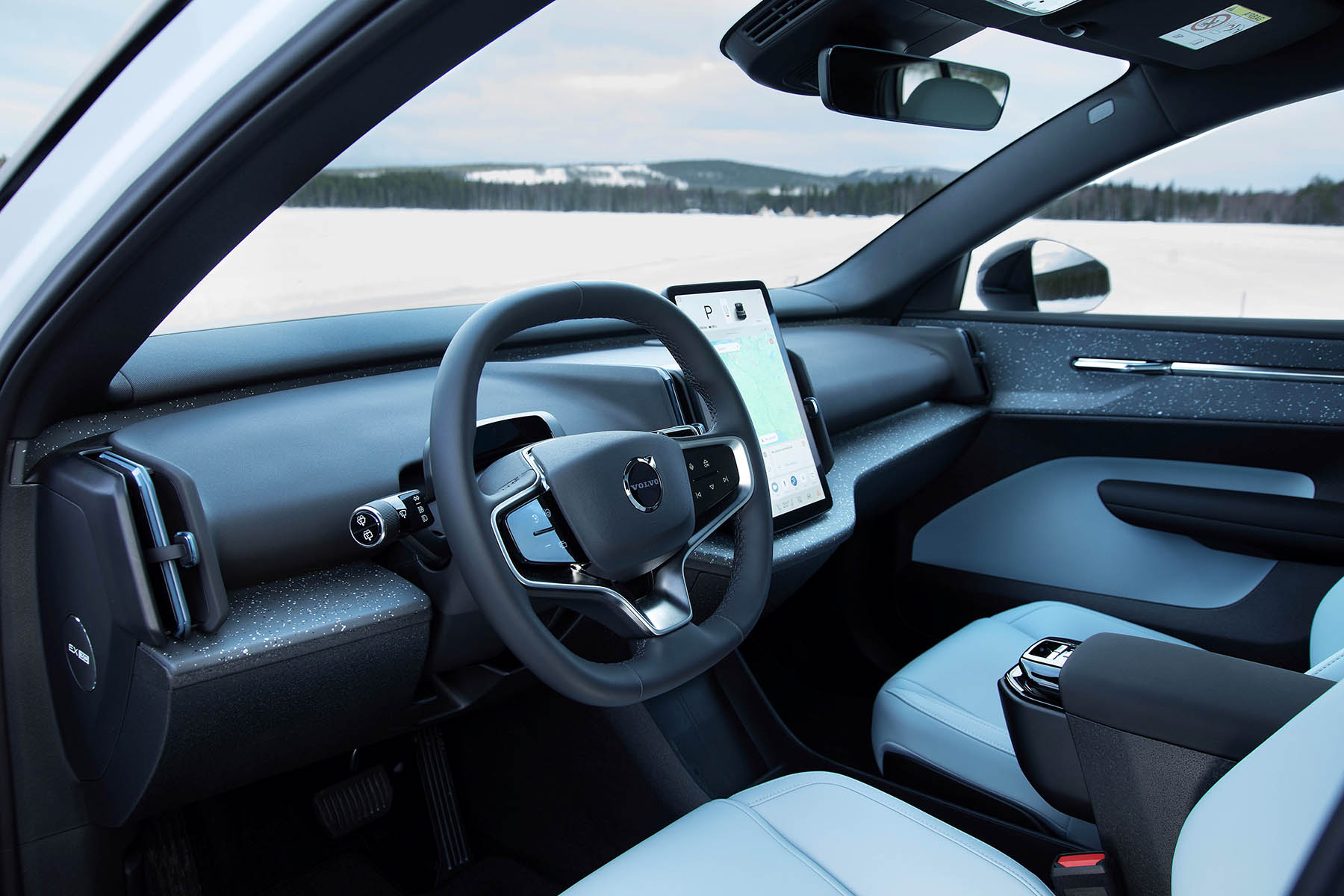
“Despite strong demand for the EX30 in Europe, its pricing and financing limitations could make it less appealing compared to rival models,” CarsDirect noted.
The EX30 features a range of up to 253 miles for the AWD model and boasts impressive performance with 422 hp and a 0-60 mph time of just 3.4 seconds. Inside, it offers a minimalistic design with a 12.3-inch infotainment screen, loaded with Volvo’s latest tech and safety features. Despite its strong features, Volvo may need to adjust its offers to maintain competitiveness in a growing EV market.

